Give Your Benefits Package a Boost with Dental and Vision Coverage
Voluntary benefits are a great way to keep employees happy.
Dental and vision insurance are key components of any competitive benefits package. Partnering with Colonial Life can help you offer this coverage to your employees, allowing them to manage their dental and vision care without affecting your budget.
Dental Health for a Healthier Workforce
Employees consistently rate dental insurance as the second most sought-after benefit after health coverage.
Regular dental care plays a vital role in maintaining overall wellness. However, dental cleanings and procedures typically aren't covered by health insurance, potentially leaving employees with unexpected expenses
Colonial Life dental insurance encourages better dental care, creates a highly competitive benefits package, and helps reduce out-of-pocket costs for a variety of procedures, including:
Cleanings
Fillings
Sealants
Tooth Removal
Crowns
Dentures
Colonial Life dental insurance encourages better dental care, creates a highly competitive benefits package, and helps reduce out-of-pocket costs for a variety of procedures, including:
Happy, healthy employees contribute to a more successful business. If you're looking to enhance your benefits package without direct costs to your organization, consider Colonial Life dental insurance.
Complete Your Benefits Package with Vision Coverage
Colonial Life dental insurance offers a vision rider to help employees cover the costs of eye exams and materials like glasses and contact lenses. This additional coverage promotes healthy vision and overall wellness.
Your employees will have access to a nationwide vision network, including independent optometrists, ophthalmologists, and retail stores like Walmart, Sam's Club Optical, Costco, Pearle Vision, and Target.
The Value of Colonial Life Dental Insurance
Offer your employees dental coverage without direct costs to your organization.
Colonial Life dental insurance is an employee-paid, individual plan that provides benefits for a wide range of covered procedures, from routine cleanings to root canals.
All Colonial Life dental insurance plans:
Provide coverage for preventive, basic, and major dental services.
Offer access to a nationwide network, allowing substantial discounts for in-network providers.
Include coverage options for spouses and/or dependents
Are portable, enabling employees to keep their coverage when they change jobs.
Can be enhanced with optional orthodontic and vision coverage.
Contact your Colonial Life representative to learn more about the dental coverage that best meets the needs of your employees.
FAQS
What is the difference between term life insurance and whole life insurance?
Term life insurance provides coverage for a specified term, typically 10, 20, or 30 years. It offers a death benefit to your beneficiaries if you pass away during the term, but it doesn't accumulate cash value. Whole life insurance, on the other hand, provides lifelong coverage and includes a savings component that builds cash value over time. While term insurance is usually more affordable, whole life insurance can serve as both protection and a long-term investment.
How does cancer insurance differ from my existing health insurance?
Cancer insurance is designed to provide additional financial support specifically for cancer-related expenses that may not be fully covered by your health insurance. It can help with costs like treatment, medication, travel, and even lost wages due to illness. While health insurance covers a wide range of medical expenses, cancer insurance focuses on providing targeted financial assistance for the unique challenges posed by a cancer diagnosis.
How does health insurance work in a group plan?
Group health insurance is typically provided by employers to their employees. In a group plan, the employer negotiates with an insurance provider to offer coverage to all eligible employees. Employees usually share the cost of premiums with their employer. Group health plans often provide comprehensive coverage and lower premiums than individual plans. When you need medical care, you'll typically pay a portion of the costs (such as copayments or deductibles), and the insurance plan covers the rest. Group health insurance is a valuable employee benefit and helps individuals access essential healthcare services at a reduced cost.

